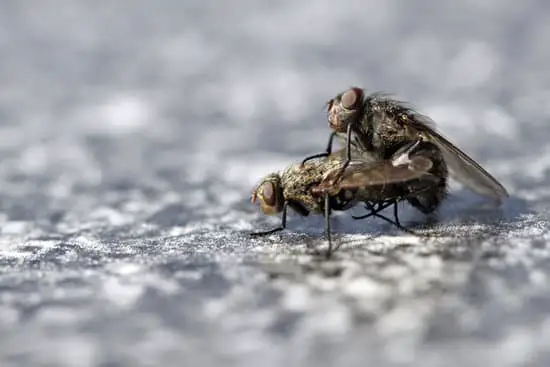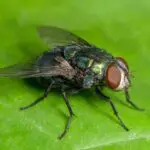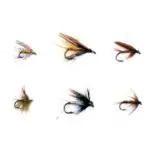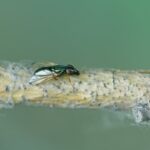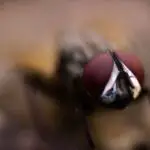Why Do Flies Go to Sleep at Night?
Most species of flies sleep during the night, and most of them are active during the dawn and dusk hours. They also take occasional naps during the day. They do not seek a predator-free area when they sleep, and they can sleep anywhere, including the floor, walls, and plant leaves.
But what exactly makes flies go to sleep at night? The fact is that they need rest to survive. Sleep is a vital part of life for most living things, including flies. Even their tiniest brains need sleep to function properly. Flies use up their energy during the day by chasing insects, making it difficult for them to survive. The nighttime temperature also reduces their energy level.
While some people don’t care much about whether flies sleep, many people have wondered about their habits. If flies do sleep, it could help explain many mysteries about human life. Some of the common flies that go to sleep include the housefly, blowflies, and fruit flies. They also annoy and disturb humans.
Flies sleep in two different ways: light sleep and deep sleep. The light sleep lasts less than the deep sleep, but it helps flies to stay alert in case of predators. During winter months, flies don’t sleep as much and instead flit about the dark to survive. Sleep deprivation in flies can have serious consequences, including decreased brain activity, reduced memory, and a decreased ability to fly.
